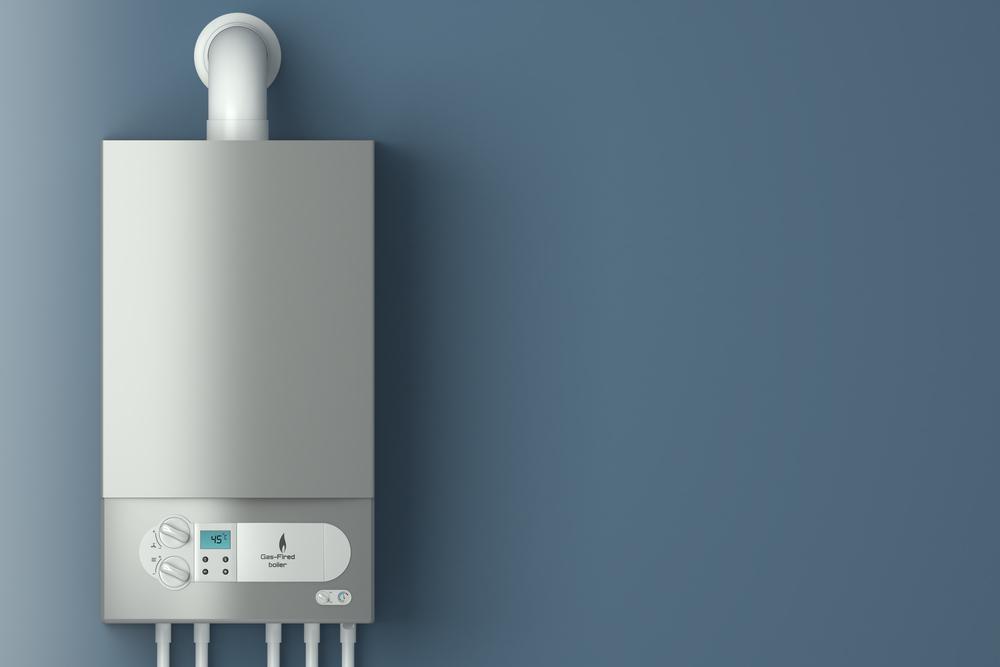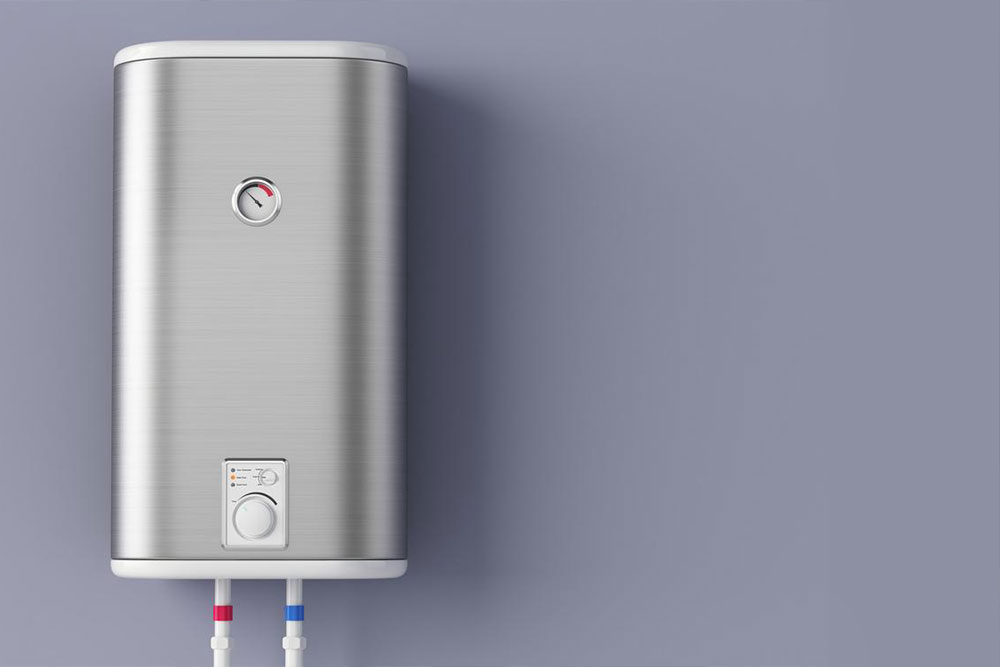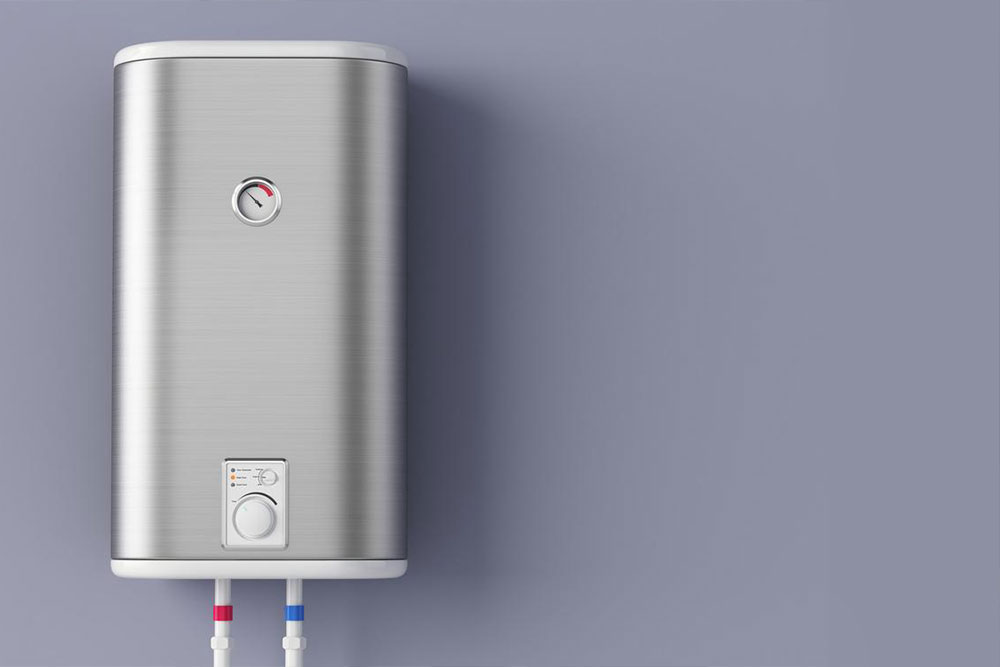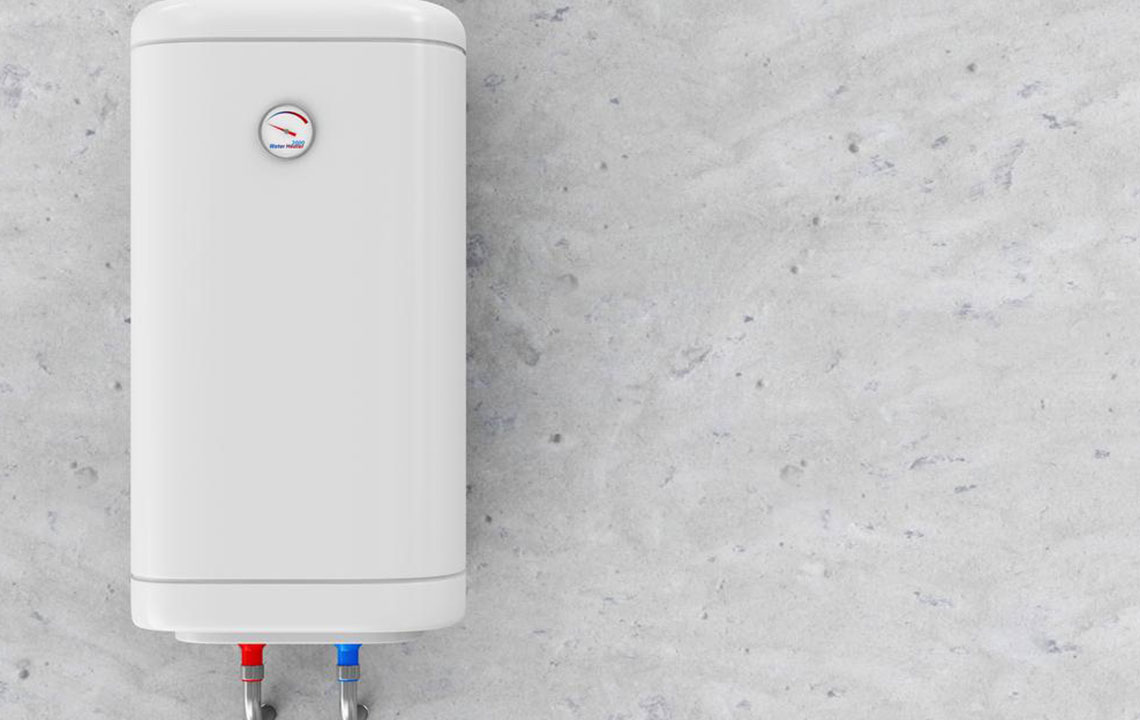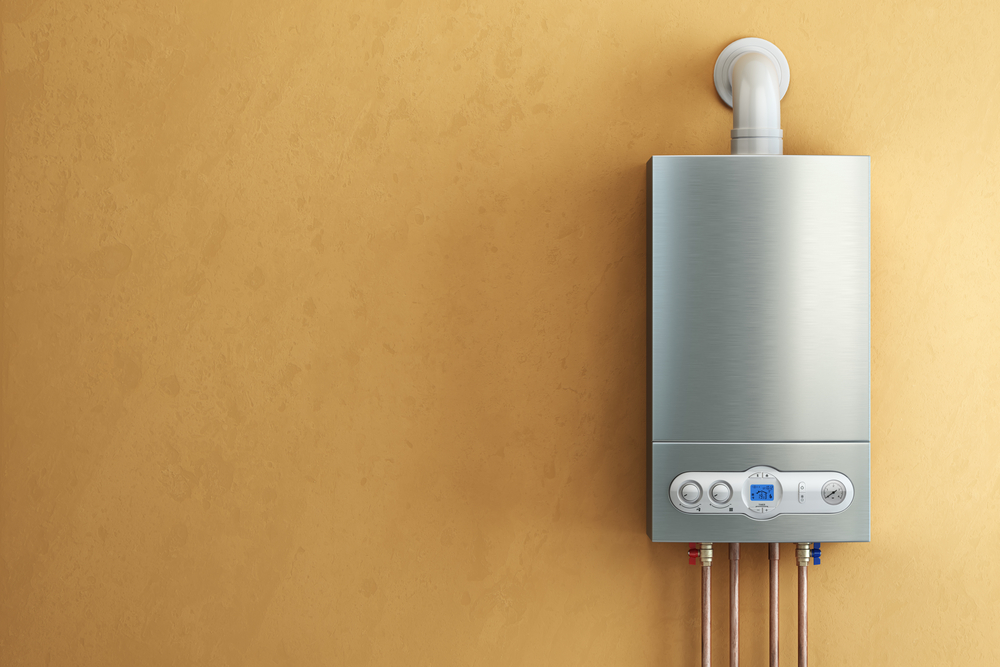Comprehensive Guide to Popular Water Heating Systems for Your Home
This comprehensive guide explores the most popular water heating systems available today, including traditional storage tanks, tankless, solar, condensing, and hybrid models. It highlights their mechanisms, benefits, and ideal applications, helping homeowners make informed decisions. Upgrading to energy-efficient systems can lead to substantial savings and environmental benefits. Expert advice is recommended for installation and maintenance to optimize performance, making this article a valuable resource for anyone considering a new water heating solution for their home.
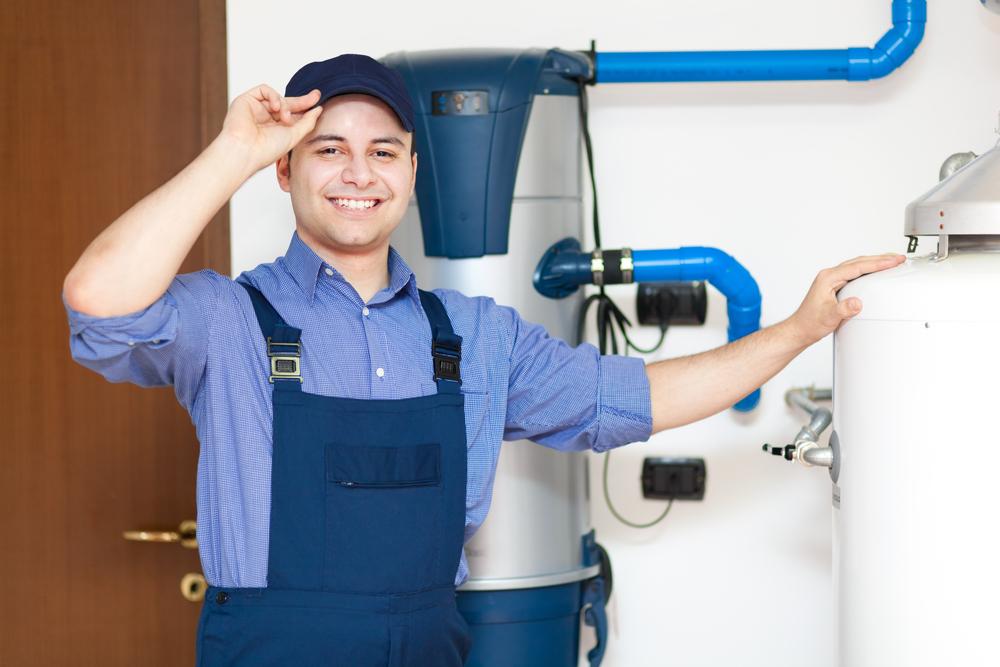
Understanding Different Types of Water Heating Systems for Home Use
Choosing the ideal water heating system is a critical decision that depends heavily on your household’s water consumption habits, energy preferences, budget constraints, and space considerations. With a variety of options available today – from traditional tank models to innovative solar and hybrid solutions – homeowners have the flexibility to select systems that not only meet their hot water needs but also optimize energy efficiency and cost savings over time.
In this detailed guide, we explore the most popular water heating options available on the market, delving into their mechanisms, advantages, disadvantages, and ideal use cases. Whether you are upgrading an existing system or installing a new one, understanding these key types will help you make an informed decision aligned with your lifestyle and financial goals.
Storage Tank Water Heaters: One of the most traditional and widely used systems, storage tank water heaters consist of an insulated tank that permanently holds a supply of hot water ready for immediate use. These systems are particularly popular in residential settings due to their straightforward operation and ability to serve multiple fixtures simultaneously.
The tank is heated either by natural gas, propane, electricity, or other fuel sources, and the water remains hot until it’s needed. Modern tank systems feature highly efficient insulation to minimize standby heat loss, which results in lower operating costs. However, they tend to have higher upfront costs and take up significant space, making installation considerations important.
Tankless or On-Demand Water Heaters: Unlike traditional tank models, tankless water heaters do not store hot water but heat water directly as it flows through the unit on demand. This design allows for continuous hot water supply without the risk of running out, making them ideal for households with high hot water demand or for reducing energy costs.
They are compact, saving space, and operate using either electricity or natural gas. While their initial installation might require plumbing upgrades, their operational efficiency and reduced standby losses often justify the investment. The flow rate of tankless units typically limits simultaneous fixtures—around 3.5 gallons per minute—so multiple units or larger models might be necessary for larger households.
Solar Water Heaters: Embracing renewable energy technology, solar water heaters utilize the sun’s power to heat water, primarily installed on rooftops where they can capture maximum sunlight. These systems consist of solar collectors that absorb solar radiation and transfer the heat to water circulating within a closed-loop system.
Solar water heaters can significantly reduce energy bills and carbon footprint, especially in sunny climates. However, their efficiency drops during cloudy days or at night, necessitating a backup system—such as electric or gas heaters—to ensure a steady hot water supply throughout the year. Proper installation and maintenance are crucial for maximizing performance and durability of solar systems.
Condensing Water Heaters: Designed for large households or commercial applications requiring substantial hot water—often exceeding 55 gallons—condensing water heaters are among the most energy-efficient models available. They operate by capturing and utilizing the heat from exhaust gases that would otherwise be lost in traditional systems.
This process involves blowing gases through coils or heat exchangers, extracting their residual heat to warm the water, which results in lower energy consumption even during heavy usage. While these systems can be more expensive initially, their high efficiency and reduced operational costs make them a smart choice for large-scale hot water needs.
Hybrid Water Heaters: Combining the principles of heat pump technology with traditional electric heating, hybrid water heaters are cutting-edge systems that offer remarkable energy savings—up to 60% more efficient than conventional electric heaters. They utilize surrounding air to extract heat, which is then transferred to the water in the tank.
Ideal for environments with moderate ambient temperatures (typically between 40-90°F), hybrid systems are typically installed above ground, often around seven feet high, with a sleek design suited for various home layouts. Due to their advanced technology, hybrid units often come with higher purchase prices and generally require professional installation and maintenance. However, their long-term energy savings and environmental benefits make them an increasingly popular choice among eco-conscious homeowners.
In summary, selecting the right water heating system requires a careful assessment of your household's hot water consumption, energy preferences, space availability, and budget. Traditional storage tanks are reliable and common, but tankless, solar, condensing, and hybrid systems offer compelling benefits that can lead to significant savings and environmental benefits. Consulting with a qualified HVAC or plumbing professional can help ensure you select the best model for your specific needs, guaranteeing efficient operation, durability, and cost-effectiveness for years to come.
